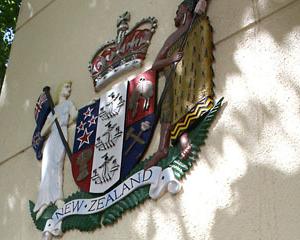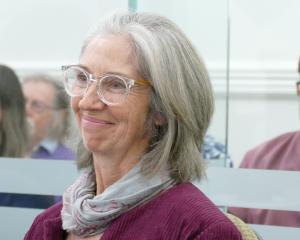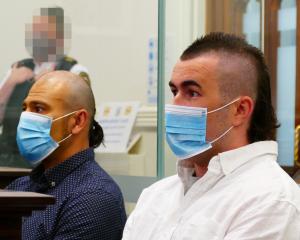A young Alexandra man's wrongful conviction on a driving charge four years ago was a major reason for a High Court judge's decision not to send him to prison yesterday for drug dealing.
Shane Te Ihorangi Cribb (22), plasterer, was instead sentenced to seven months' home detention on two charges of selling cannabis.
Justice John Fogarty said he had not imposed community service as well as home detention to recognise the "earlier injustice" Cribb had suffered at the hands of the court.
"I am conscious that, when that happens because court proceedings go awry, a person can be bitter for the rest of his life," the judge said.
Cribb was found guilty in 2006 of causing injury to a police officer by driving carelessly. But at a rehearing in 2008, the case against him was dismissed and he was awarded costs of almost $18,000, a district court judge making the comment the initial police investigation of the incident had been "less than satisfactory" and "not in accordance with best practice".
Last year, Cribb and another Alexandra man, Lucas George Attfield (21), were charged with drug offences as a result of Operation Helix, a police operation targeting drug dealers in Central Otago.
Cribb subsequently admitted selling cannabis (two charges) and seven charges each of possessing cannabis for supply and offering it for sale.
Attfield admitted nine charges of offering cannabis for sale, seven of possession for supply, three of selling and one each of possessing cannabis and possessing cannabis-related utensils.
Justice Fogarty said Cribb's earlier "very unfortunate experience of injustice" at the hands of the court appeared to have led him into "an unsettled life".
He accepted defence counsel Anne Stevens' submission that imprisonment was not appropriate.
He also agreed with Crown counsel Richard Smith that Cribb's depression and other issues, such as "the unusual background" - including the court case in Alexandra - should be addressed as the young man seemed to have had "some difficulties".
As conditions of his home detention, Cribb is to live in the North Island with his mother and undertake counselling, programmes and approved employment as directed. He is also banned from using alcohol or drugs while on home detention.
On the remaining charges of offering to sell cannabis and possessing it for supply, Cribb was convicted and discharged. The other offender, Lucas Attfield, was sentenced to 10 months' jail for selling cannabis, but another month was later added by Judge Stephen O'Driscoll when Attfield appeared in the district court on a charge of wilfully damaging a gaming machine at a Cromwell hotel last July. He was ordered to pay $1631.25 reparation.
Although community probation had suggested home detention on the drug charges, Mrs Stevens said Attfield "believed he would struggle" with a lengthy sentence and thought it better to go to prison. He had been in custody for the past month for twice breaching bail conditions.
Attfield's offences involved small amounts of cannabis and occurred because of his situation and his household, but largely because of his immaturity, Mrs Stevens said.
Crown counsel Mr Smith acknowledged Attfield had struggled with bail and that he had earlier criminal convictions but had not been to prison.
Describing as "responsible" the decision to opt for imprisonment rather than home detention, Justice Fogarty said he needed to take into account Attfield's youth and that prison was "meant to be a punishment, but not a criminalising experience".
On the three cannabis-selling charges, he sentenced Attfield to concurrent 10-month jail terms, convicting and discharging him on the remaining charges











